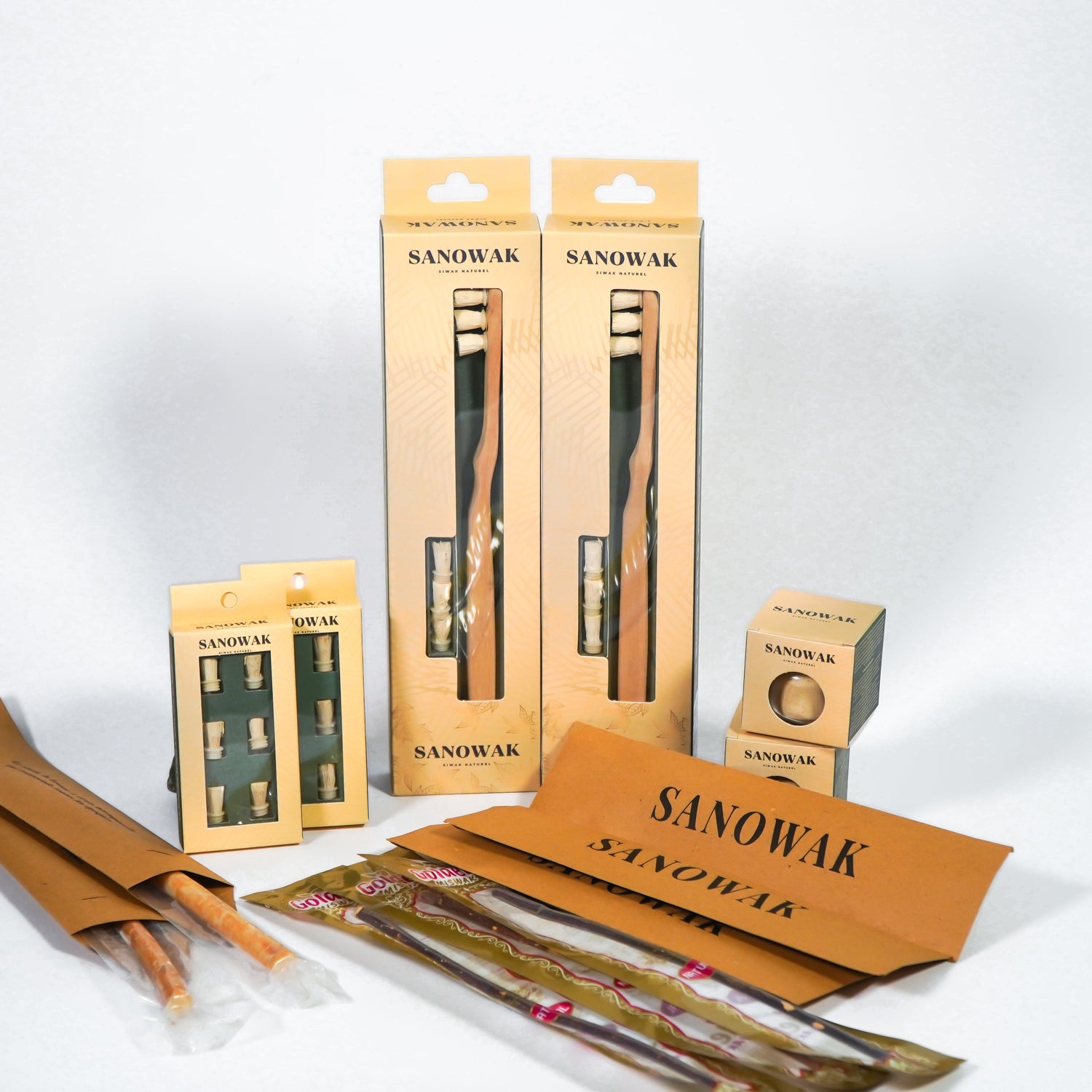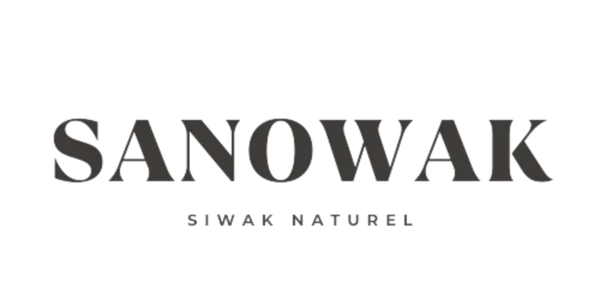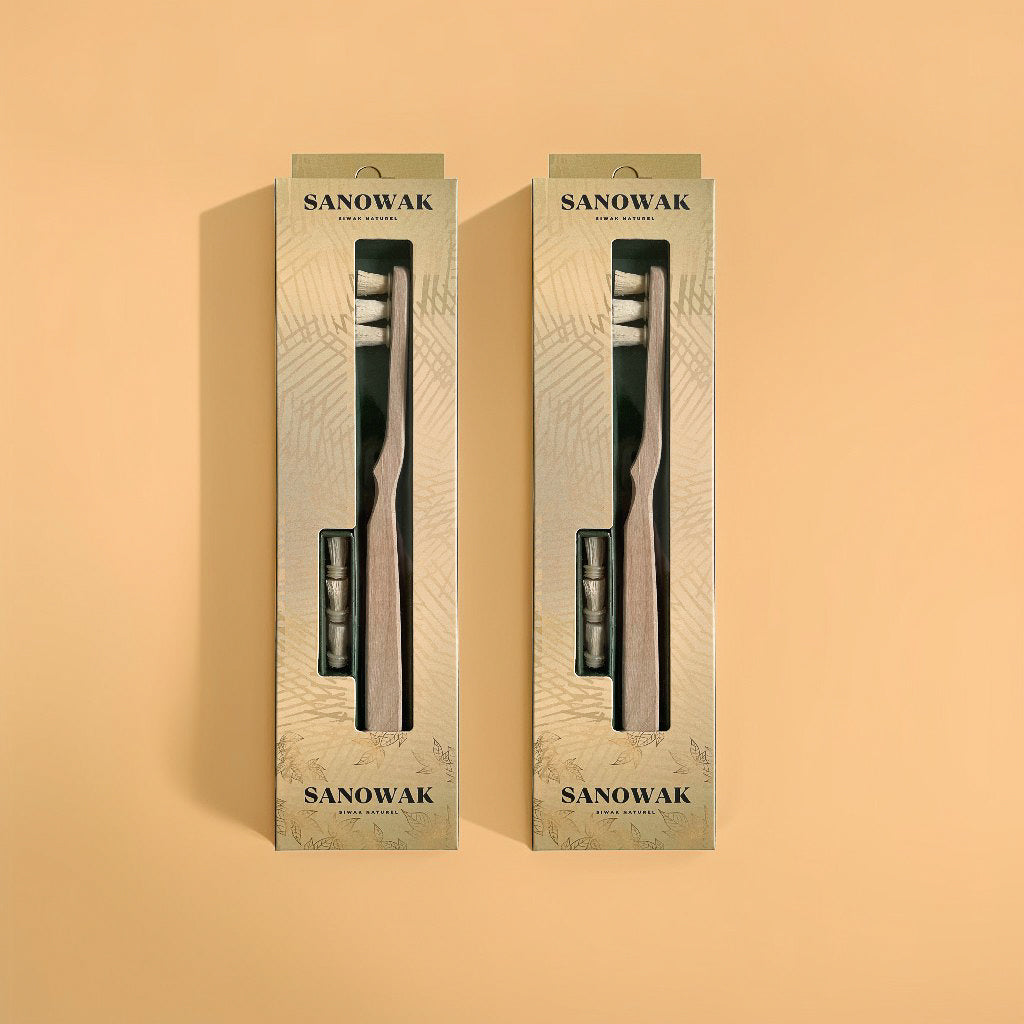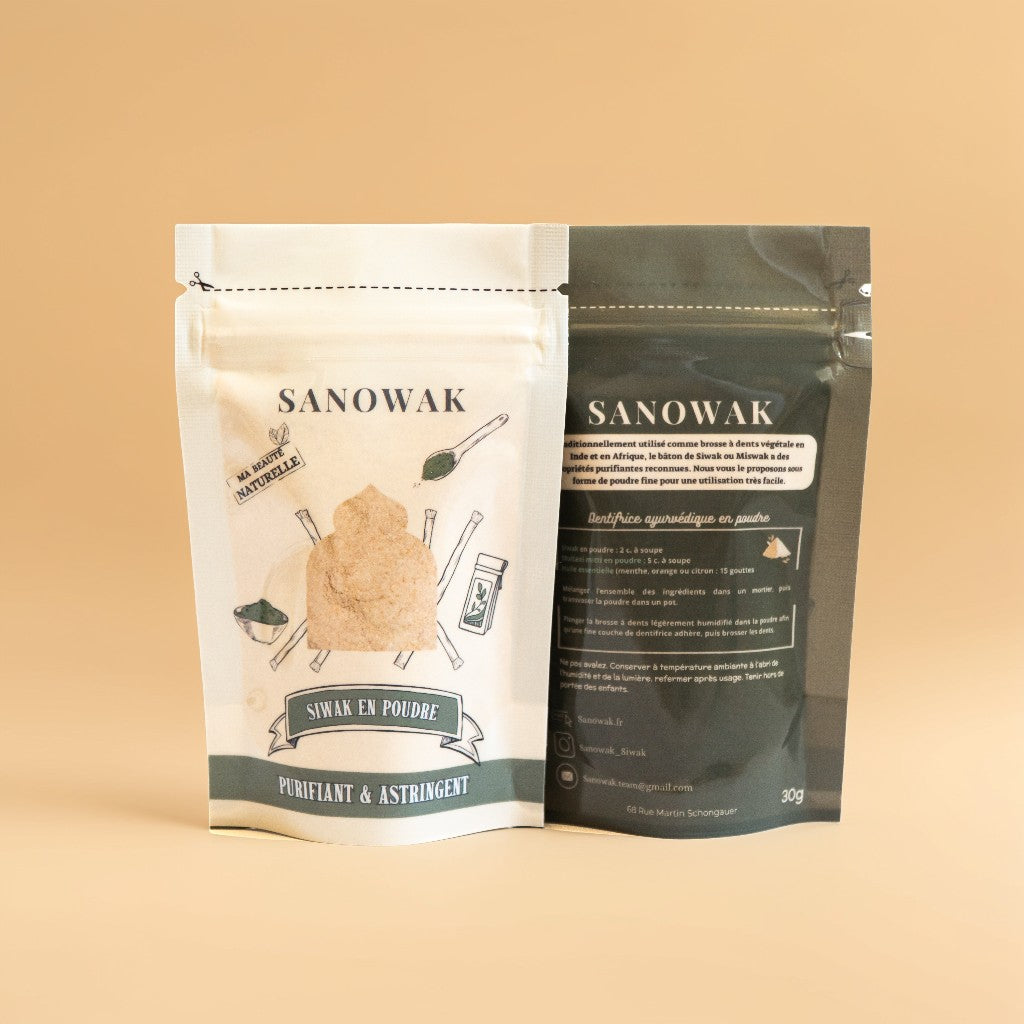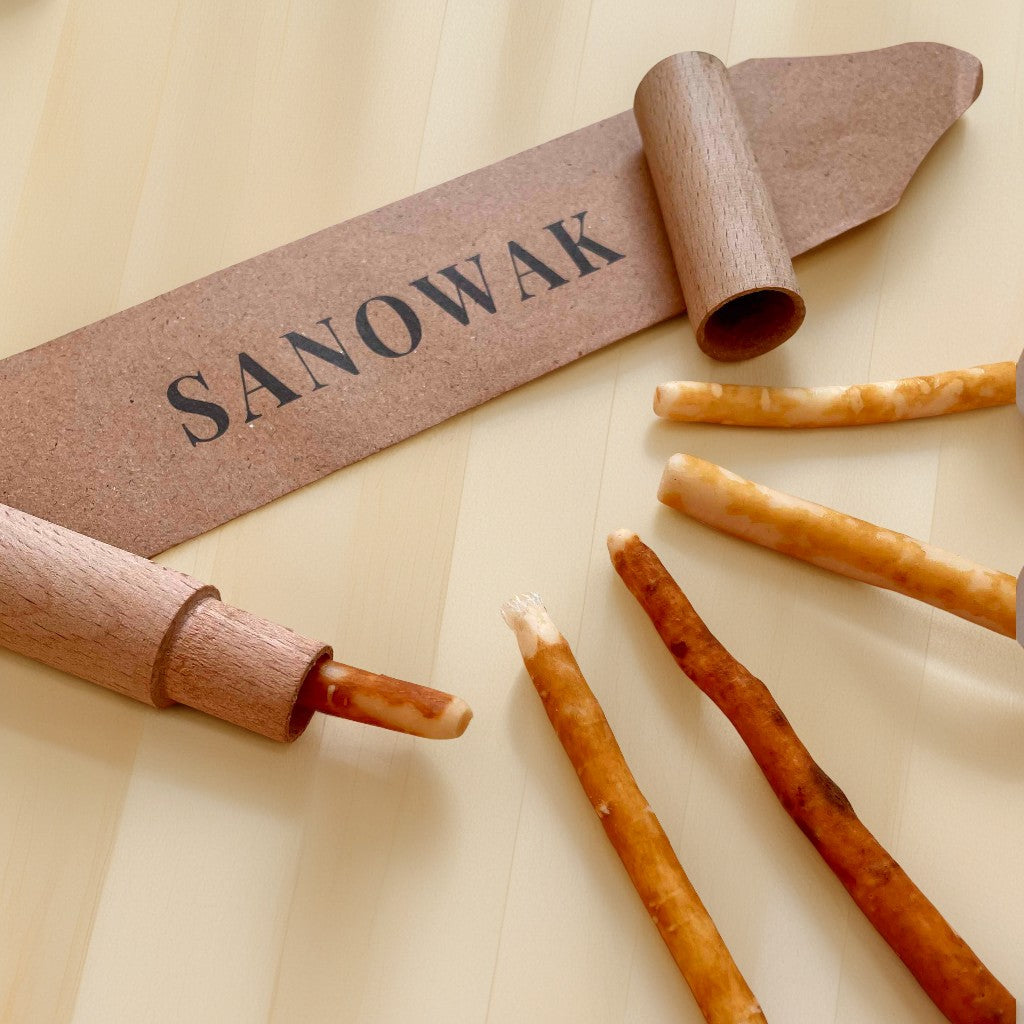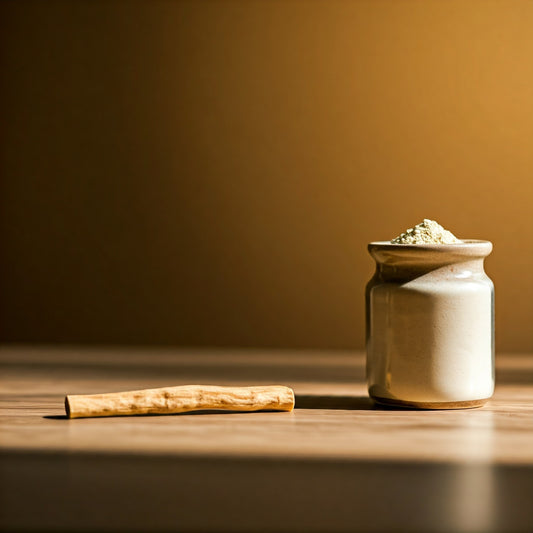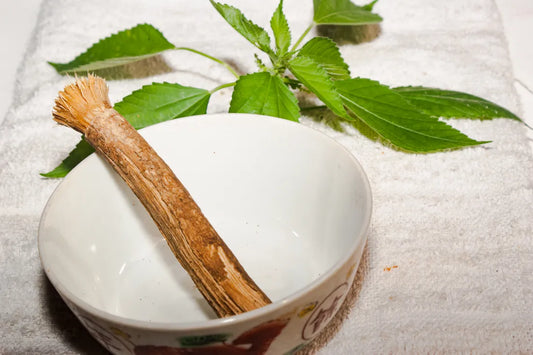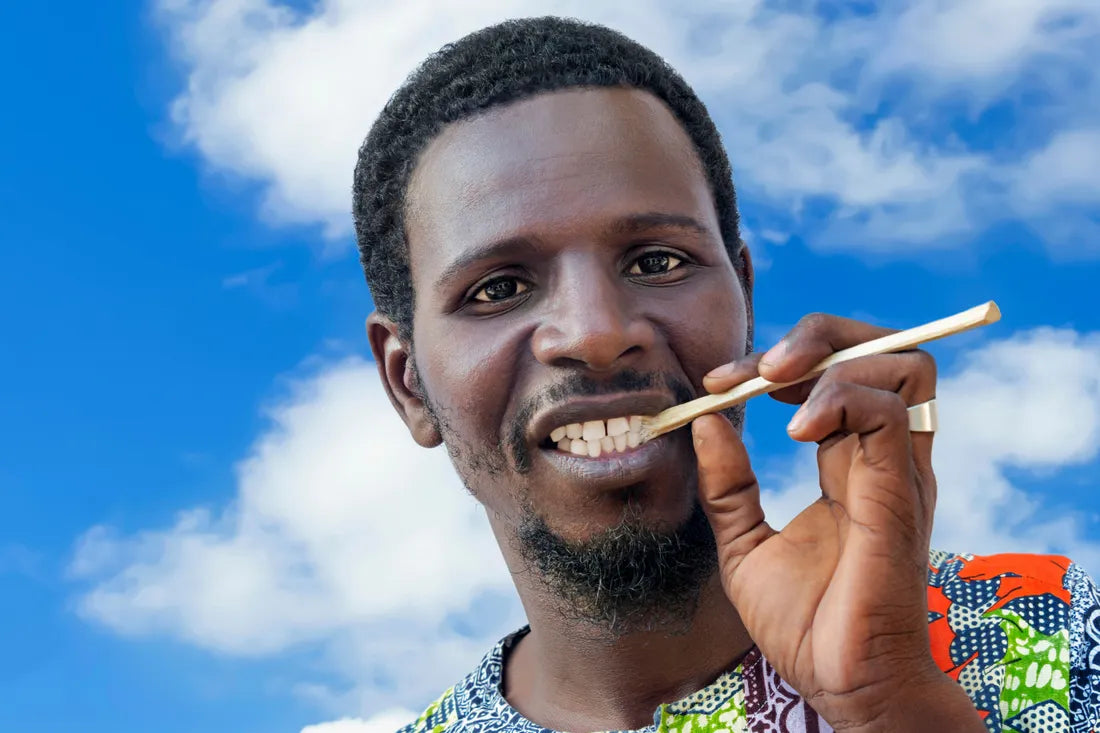
Siwak is recommended by the WHO
Siwak , also known as miswak, is much more than just a stick used for oral hygiene. Used for thousands of years in different cultures, this natural stick from the Salvadora persica shrub has recently gained recognition from the World Health Organization (WHO) for its benefits and effectiveness. So why is siwak attracting the attention of health experts? Let’s discover its many benefits together.
What is siwak?
Siwak is a fibrous stick extracted from the roots or branches of the Salvadora persica shrub, mainly found in the Middle East and Africa. This stick is used by rubbing its frayed end against the teeth and gums to clean them. Not only does siwak clean the teeth, but it also acts as a natural antibacterial agent and mouth freshener.
The unique composition of siwak
The richness of the composition of the siwak explains its multiple benefits for oral health. This stick contains natural elements that offer a complete action for the mouth:
- Alkaloids : These antibacterial agents help fight oral bacteria.
- Silica : Slightly abrasive, it helps to gently remove dental plaque.
- Fluoride : Essential for strengthening tooth enamel and preventing cavities.
- Vitamin C : Useful for healing and maintenance of gum tissue.
- Calcium and phosphorus : They strengthen and remineralize teeth.
Thanks to this unique composition, siwak acts as a complete oral care product, without the need for toothpaste or other products.
Effectiveness recognized by WHO
The World Health Organization (WHO) has officially recognized the effectiveness of siwak twice: in 1986 and then in 2000. This recognition is based on scientific studies that confirm the benefits of siwak. For example:
- A 2006 WHO study found that siwak, used correctly for 2 minutes, is as effective as a conventional toothbrush in removing plaque.
- Research has also shown that siwak strengthens gums and effectively combats bad breath, providing fresh and pleasant breath.
- The antibacterial action of siwak helps prevent cavities and gingivitis, two common dental health problems.
The benefits of siwak according to the WHO
The WHO highlights several specific benefits of siwak, which make it a quality choice for oral hygiene:
- Effectiveness : Used correctly, the siwak offers an effectiveness similar to that of a conventional toothbrush.
- Low cost and accessibility : Available in many regions, the siwak is an economical and accessible solution for many populations.
- Environmentally friendly : Siwak is biodegradable and does not generate plastic waste, unlike conventional toothbrushes.
- No need for toothpaste : The natural composition of siwak provides effective cleaning without the need for toothpaste.
- Practicality : Easy to transport, the siwak can be used anywhere, when traveling or even outdoors, offering immediate and practical dental hygiene.
These benefits make siwak a particularly suitable solution for developing countries, where access to oral care may be limited.
How to use siwak?
WHO recommends simple steps for optimal use of siwak . Here's how to use it effectively:
- Choose a fresh siwak stick about 15 cm long for easy handling.
- Lightly chew the end to separate the fibers and create a small natural brush.
- Gently scrub teeth and gums for 2 to 5 minutes, using circular motions.
- Rinse mouth thoroughly with water after use to remove residue.
It is also advisable to replace the siwak stick regularly to maintain its effectiveness.
Conclusion
Thanks to its natural composition, proven effectiveness and ease of use, siwak has proven to be an interesting alternative to the traditional toothbrush. The WHO's recognition of its benefits reinforces its importance as an oral hygiene solution, particularly in developing countries. With its ecological and economical character, siwak could become a valuable ally for dental health on a global scale, offering a natural and effective solution for a healthy smile.
